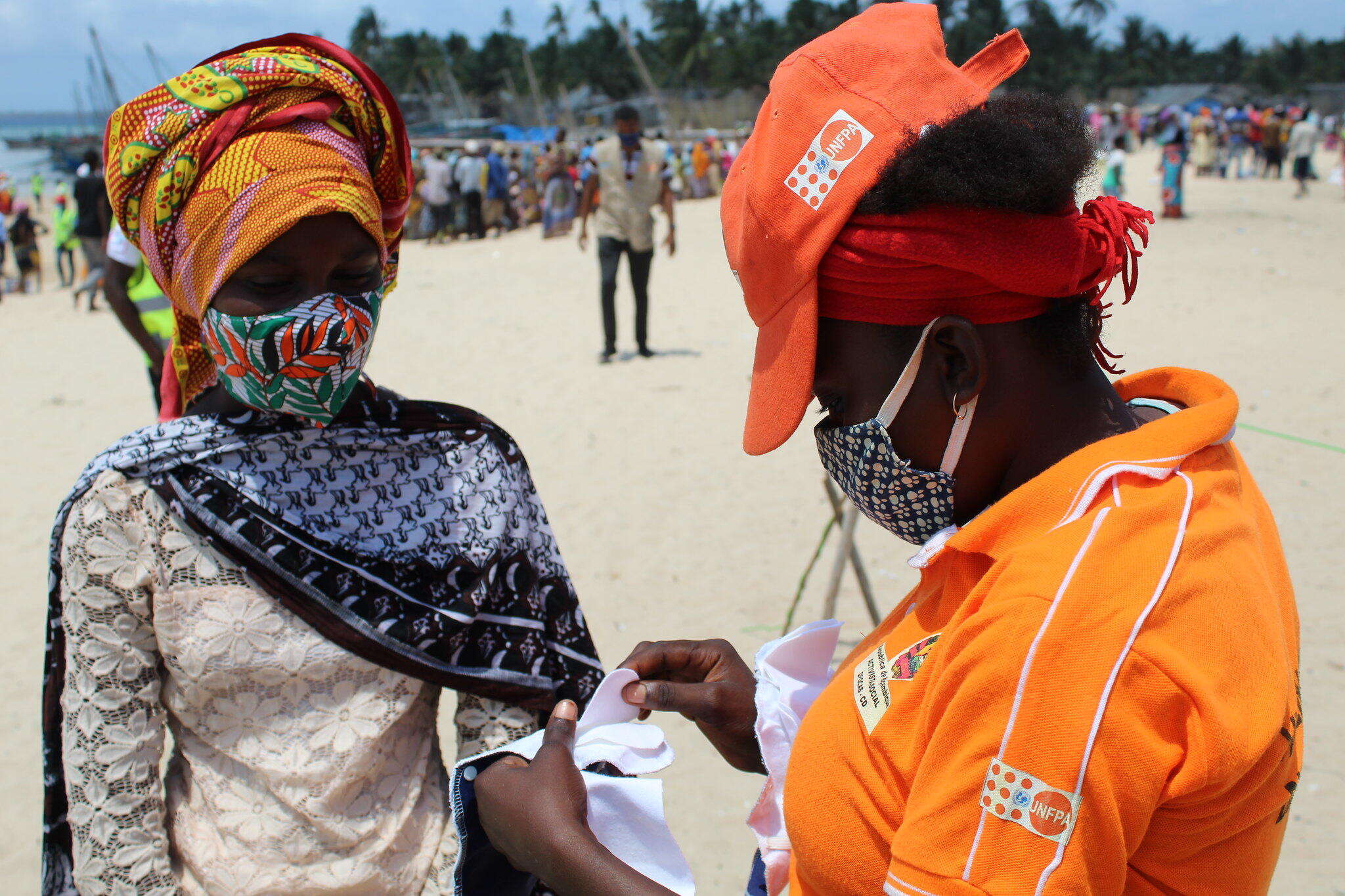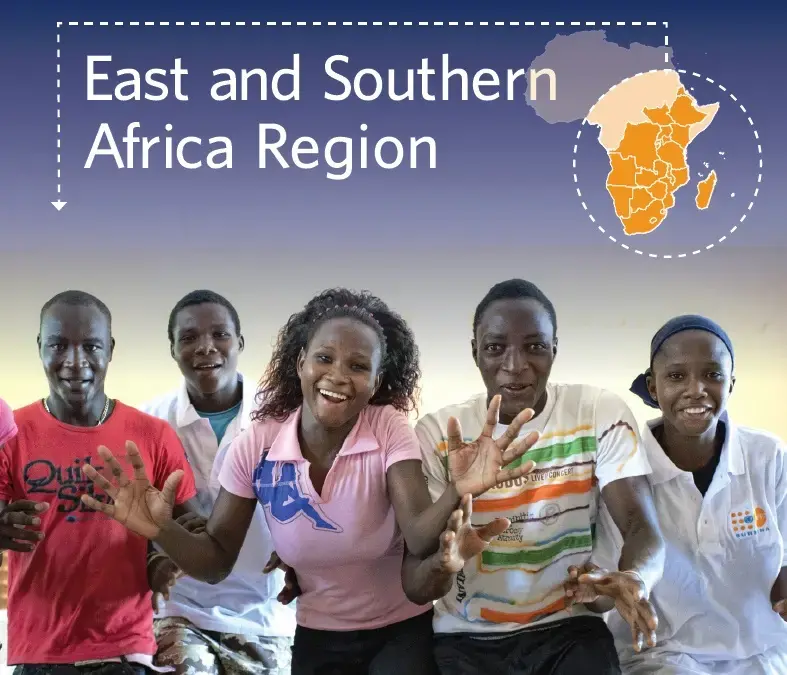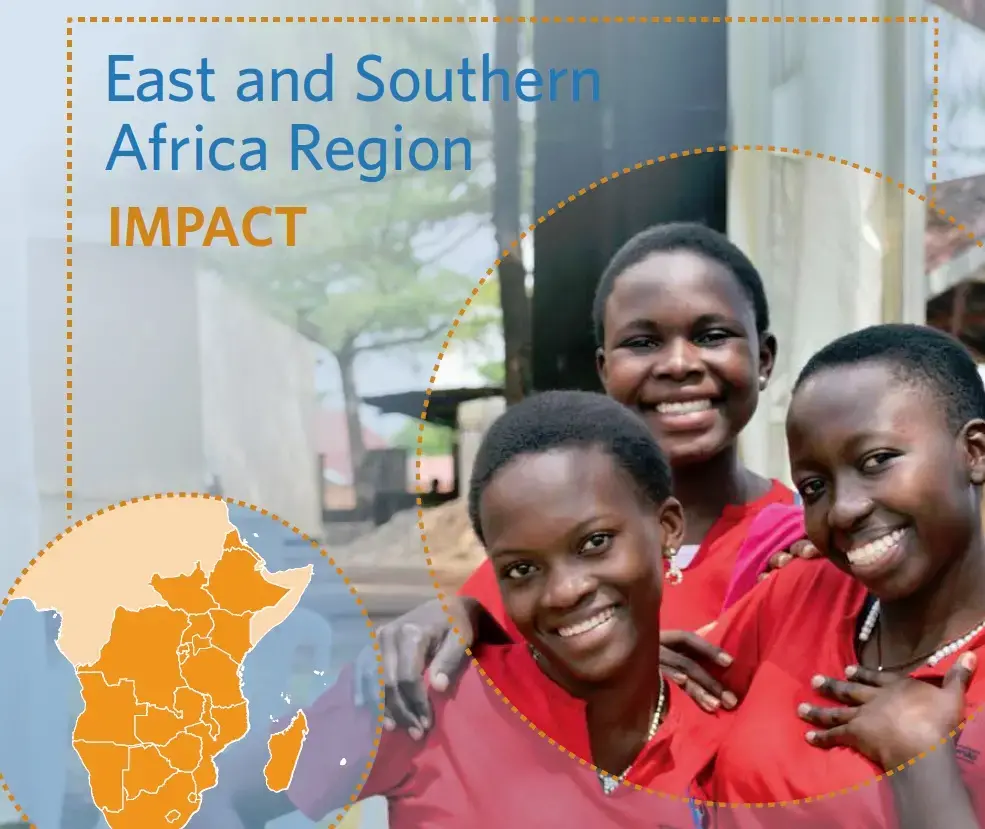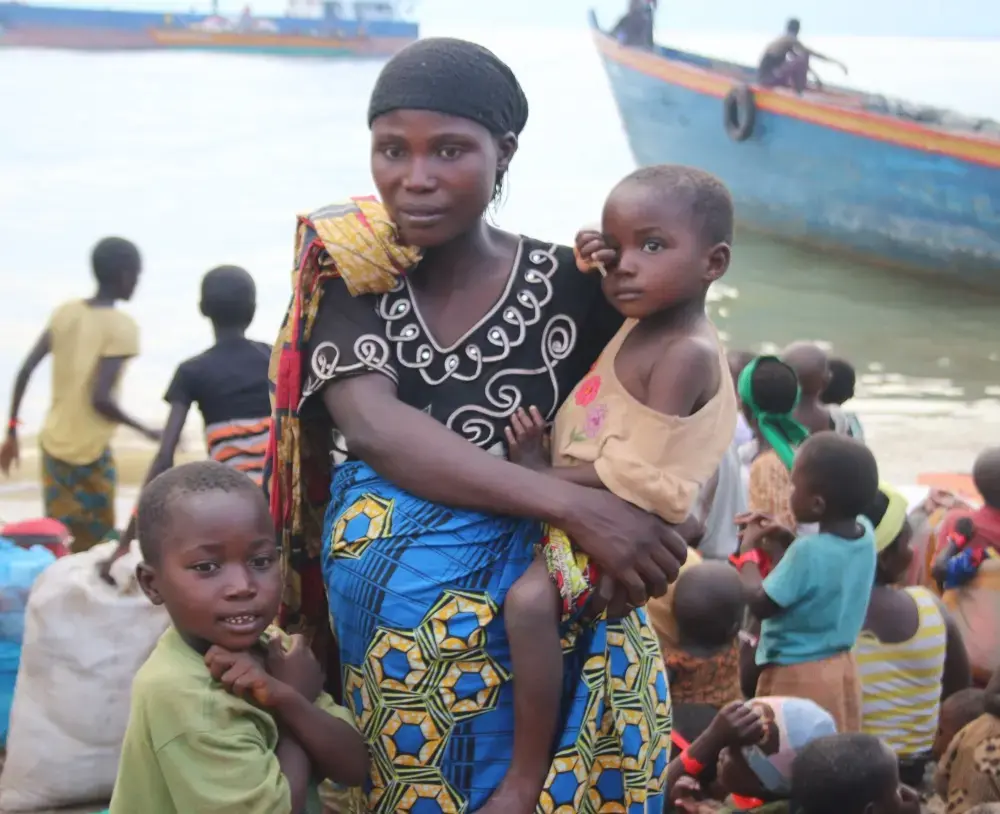NEW YORK/MAPUTO, 2 April—UNFPA, the United Nations sexual and reproductive health agency, joins other United Nations agencies in expressing its grave concern regarding the heinous attacks in Palma district, Mozambique. The attacks have further uprooted the lives of thousands of people and resulted in displacement, deaths and trauma. The majority of those impacted are women and girls, who are among the most vulnerable and already bear the brunt of this crisis.
We are extremely concerned about the worsening situation. With 1.3 million people in need of urgent humanitarian assistance in northern Mozambique before the Palma attacks, this increase of violence is making the crisis even more dire.
Since 2017, continued attacks have displaced nearly 670,000 people, including an estimated 160,000 women and adolescent girls of reproductive age and 19,000 pregnant women. UNFPA is working around the clock with partners to provide life-saving health and protection services to the women, girls and youth most affected by the crisis, including those in desperate need of support after fleeing the brutal attacks in Palma District.
Women and girls are now living in resettlement camps, and with host families in overcrowded homes. UNFPA is deeply concerned that thousands of displaced women may require care in response to sexual and gender-based violence. The increase in violence overall has severely impacted health facilities, leaving an estimated 950 displaced pregnant women at risk over the next three months without access to safe delivery and lifesaving emergency obstetric care services.
UNFPA stands with the women, girls and youth of Mozambique, and calls on all partners to ensure that the protection, health and human rights of women and young people in northern Mozambique remain a priority.





